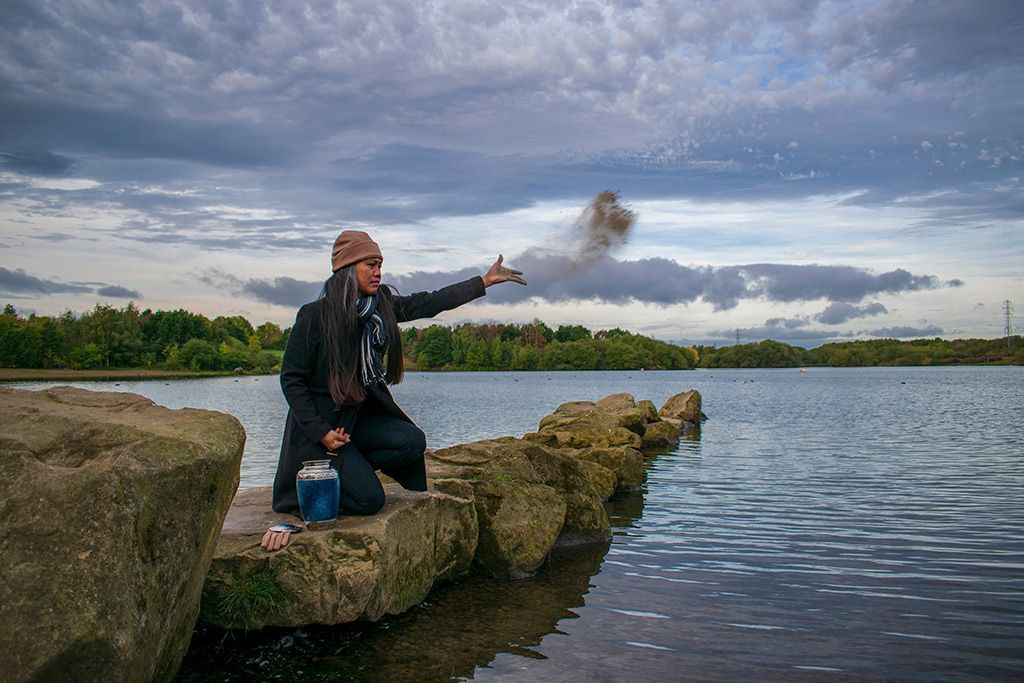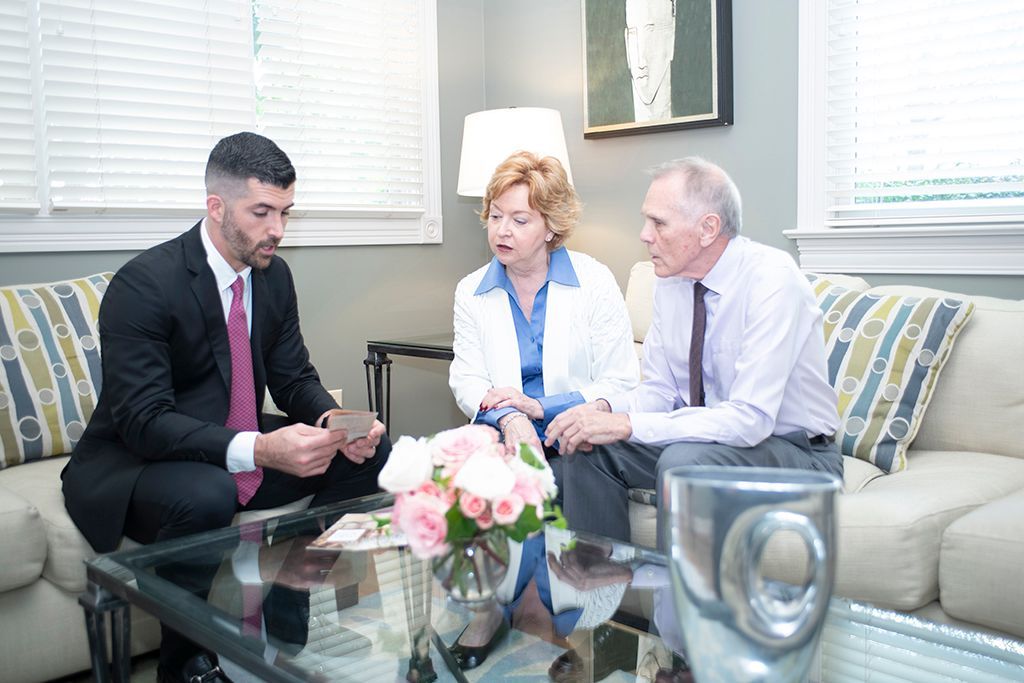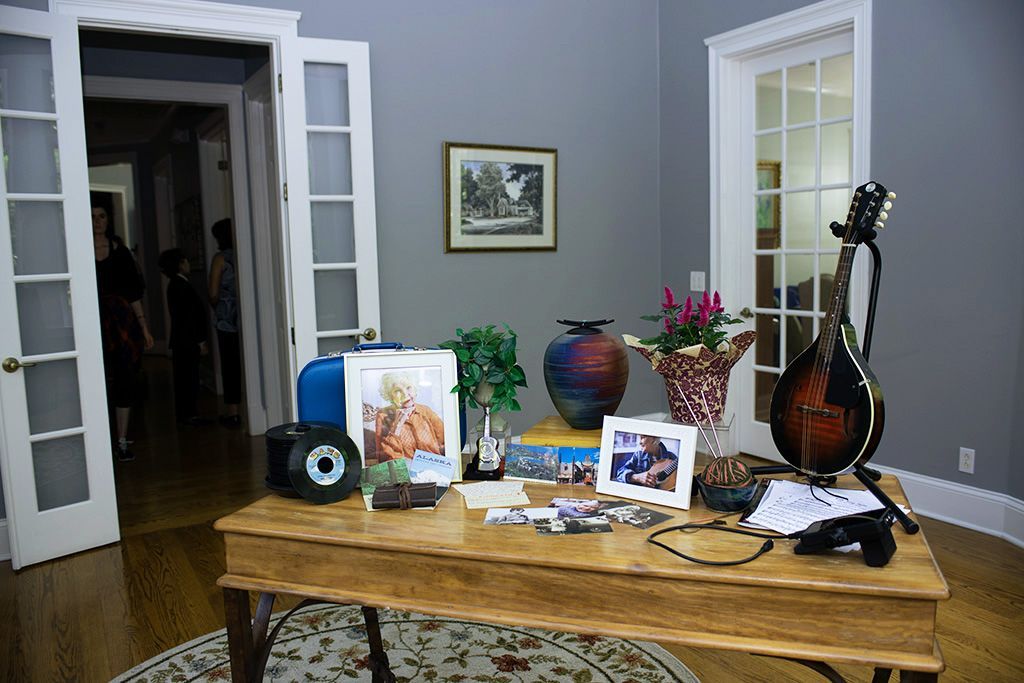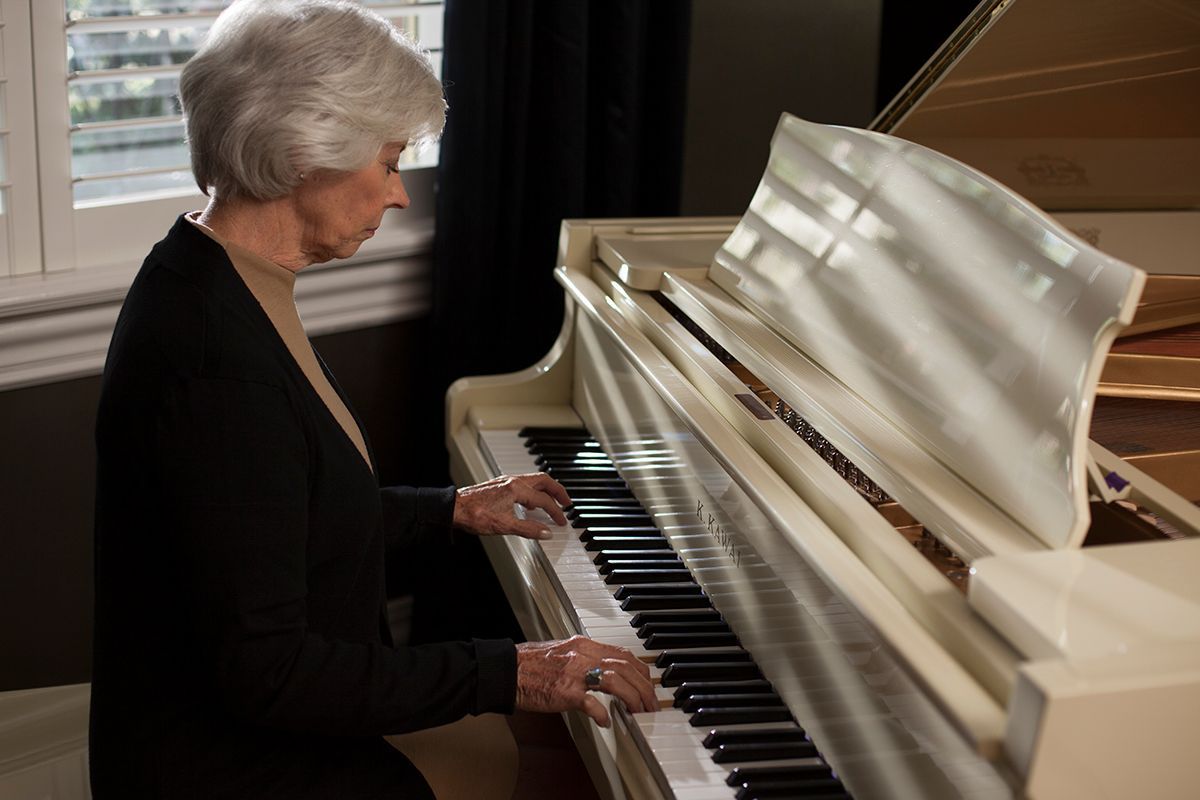Join to see when we post new obituaries
Your email will not be used for any other purpose and will not be shared. You may unsubscribe at any time.
Dealing with End of Life Issues
Canada’s aging population is a definite social and political issue, but what does that mean for the average Canadian and dealing with end of life issues? More and more of us will be caring for aging parents in the coming years, and health care professionals are forecasting a big challenge: meeting the needs of a drastically increased number of elderly patients who may be suffering from serious physical and mental health issues near the end of their lives. If you worry about how you will be able to cope with caring for and transitioning your loved ones who are seriously ill or just very advanced in age, there is help. Here are some things you will need to consider to prepare yourself for dealing with end of life issues.
- Prepare early . Conventional wisdom states that one is never really prepared for death, but there is nothing worse than being completely unprepared in a crisis situation. What often happens is that no one wants to broach such an uncomfortable subject for fear of upsetting family members, but eventually the conversation must be had – so it’s better to bring the whole family together and do it early, says Malene-Smith Davis of Capital Caring, a palliative care provider. Preplanning helps family members reduce stress and make better decisions about end of life planning and care.
- Designate a decision-maker who will act as a health care agent for the ill/aged family member(s) and is comfortable making decisions. This person should have all the information they need to make choices about every aspect of a person’s care, if and when that person can no longer make decisions for themselves. Putting the person’s wishes in writing will help the designated health care agent follow exact instructions, relieving the pressure of not knowing what to do in an emergency situation.
- Speak with your family doctor . It’s important to make sure that the patient’s primary health care professional and/or team, knows about the patient’s final wishes so they can make appropriate treatment decisions when the time comes.
- Create a living will and other documents to give legal weight to your decisions. For example, a power of attorney for health care designates a proxy to make health decisions that are legally binding. A DNR (do-not-resuscitate) order can ensure that life-sustaining treatments are not used to prolong life against your loved one’s wishes. A form can also be filled out indicating that organ donation is desired, which will set that process in motion when the time comes. A will serves the purpose of distributing a person’s belongings and estate among their relatives after they are deceased. These documents can help family members manage the patient’s affairs before and after death, minimizing the potential for drawn out court actions or disputes.
- Decide on hospice/palliative care. For patients in the last stages of terminal illness who have decided against continuing aggressive life-prolonging measures, hospice care can be a godsend, improving quality of life near the end. Plan early to ensure that insurance coverage is in place and that space is available in your chosen hospice.
- Get help and support for yourself. Dealing with grief while trying to support your loved one isn’t easy. Your relationship may change and you will both face new demands; providing emotional support, coming to terms with denial and accepting the illness, planning for the future and keeping a bedside vigil can be some of the physically and emotionally draining tasks ahead. Talking to a professional counselor, hospice expert or member of the clergy can relieve the burdens you feel. Friends and family members will also be willing to listen to your fears and grief, but sometimes people don’t know what to say – unless you reach out first.
- After the death, speak with a funeral director . At Affordable Burials and Cremations , we can help you with all the details so you can have time and space to grieve. We will help you make arrangements depending on the cultural customs of your loved one; advise you on who to notify and what forms need to be filled out; and make arrangements to pick up the body. Later, we’ll help you decide on a funeral or cremation service that meets your needs and honours your loved one to the fullest.
The post Dealing with End of Life Issues appeared first on Affordable Burials And Cremations Toronto.










